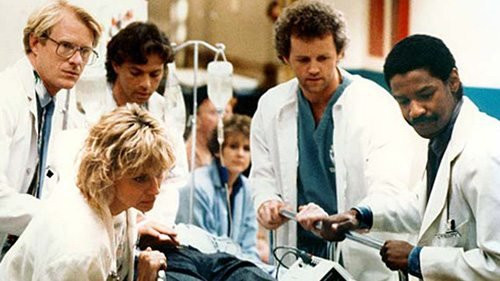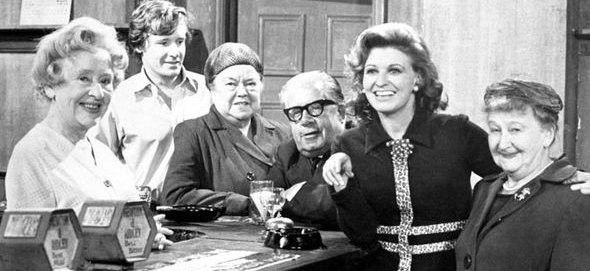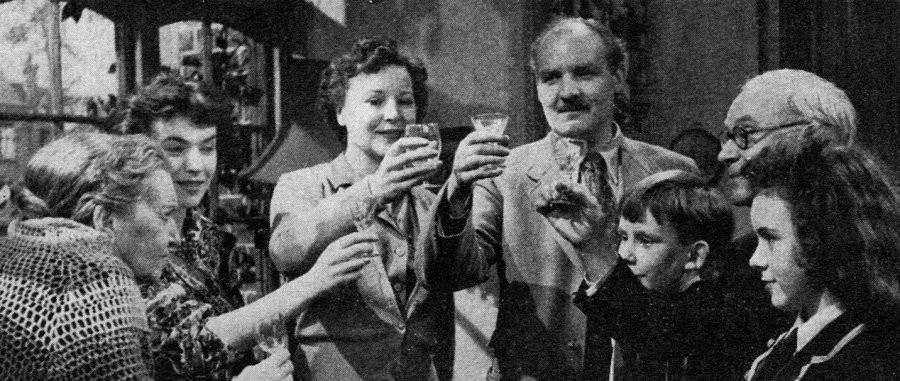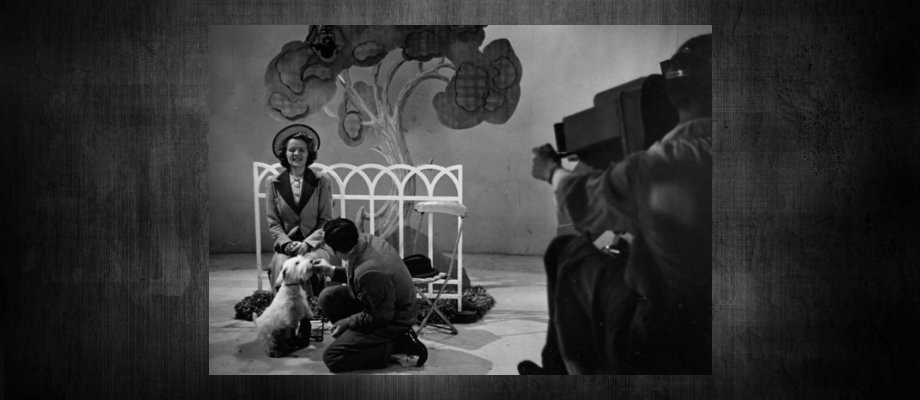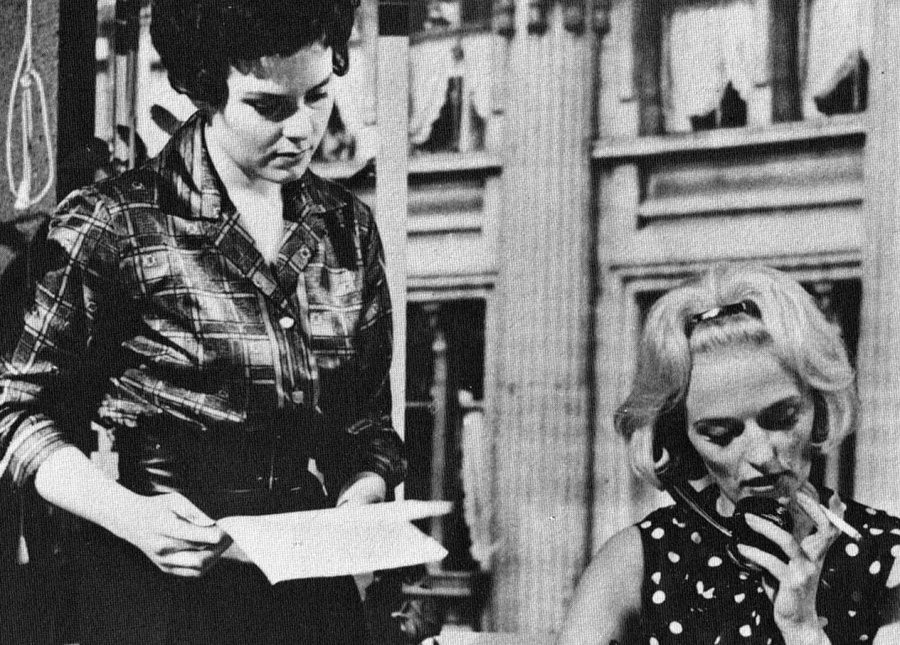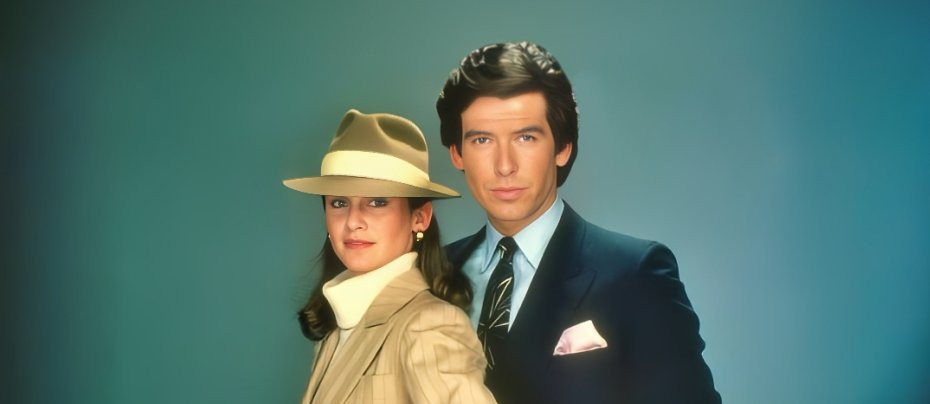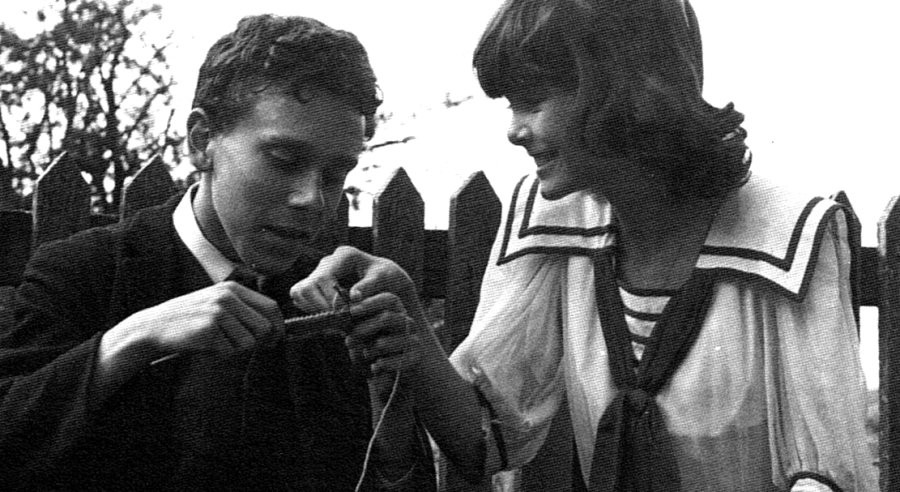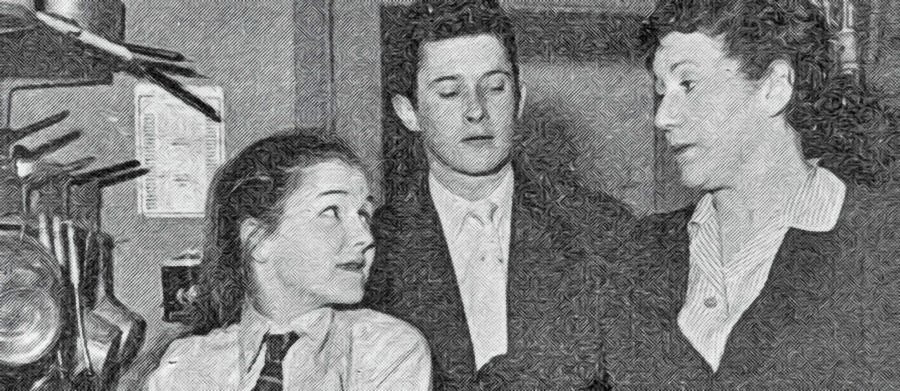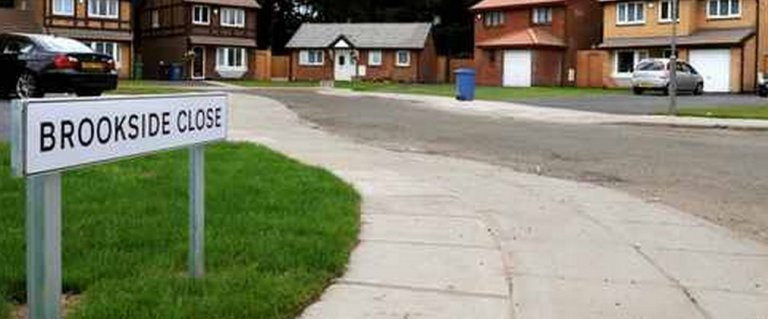
Brookside
1982 - United KingdomAiring on the launch night of Channel 4 on 2 November 1982 Brookside changed the face of soap opera in England by tackling realistic and socially challenging storylines. However, it was initially panned by critics and big changes were made. The changes worked and by the mid 80s the series was enjoying a viewership of around 8 million. By 2002 that audience had dwindled to less than 1 million and 'Brookie', as it had become known, was cancelled.
Produced by Mersey Television and conceived by Phil Redmond, who also devised Grange Hill (1978-2008) and Hollyoaks the series working title was 'Meadowcroft' until Redmond stumbled across the real Brookside Close, a cul-de-sac in the North-West City of Liverpool. Redmond bought 13 of the Broseley Homes built structures in an attempt to add to the show's realism. 6 of the houses were used for filming whilst the rest were put aside for administration, post production and canteen facilities for the cast and crew. However, when filming started the lack of any soundproof panels added a slight echo to the dialogue and the actors natural flat Scouse tones, as well as the unsavoury language being screened before the watershed, meant that the critics gave the early shows poor reviews and as a result the audiences stayed away. Those early episodes introduced the middle-class Collins family who move into the Close on their way down the social ladder. In contrast the Grant family, with Sheila (Sue Johnston) and her trade union husband Bobby (Ricky Tomlinson) had moved up in the world to a big, four-bedroomed house from a run-down council estate. Many of the juvenile leads in the series were recruited from the Liverpool youth theatres while Tomlinson had been a real union activist who had served a two-year prison sentence for organising flying pickets during a national strike in 1972.
The producers soon tackled Brookside's teething problems, bringing in soundproofing and cleaning up the dialogue and out went some of the grimmer characters to be replaced by some comic creations. However, the show lost none of its bite and continued to tackle subjects that had long been taboo in soap-opera land. Gordon Collins (Mark Burgess) became soap's first openly gay character while later on actresses Anna Friel and Nicola Stephenson shared British Television's first pre-watershed lesbian kiss.
Apart from the sensational, 'Brookside' also tackled the problems of unemployment and how living on the poverty line lead two characters into drug dealing and one female character to be sexually propositioned in return to pay off the family's spiralling debts. The first AIDS storyline on British TV was addressed here, too. When one character was wrongly convicted for a warehouse robbery the plotline was leaked to the tabloid press, and as the Free George Jackson campaign began on-screen, the press followed suit, creating levels of media hype never seen before in the UK. All this increased 'Brookside's' profile and bought in huge audiences. However, there were some stories even Brookside wouldn't touch. Both Ricky Tomlinson and writer Jimmy McGovern quit the series over its refusal to tackle the miners strike or the Hillsborough tragedy; two major and controversial real-life events at that time. (In fact, McGovern, who went on to create Cracker, later wrote Hillsborough a heart-wrenching single drama that was instrumental in forcing the authorities to reopen the inquest into the deaths of 96 Liverpool supporters).
The 1990s saw Brookside peak in terms of its audience and, in the opinion of many, in its quality of storylines. 'Brookside's' most infamous plot surely happened in 1993 with the storyline of wife beater and child abuser Trevor Jordache (Bryan Murray). His wife Mandy (Sandra Maitland) and daughters Beth (Anna Friel) and Rachel (Tiffany Chapman) moved into Number 10, which had been purchased by social services as a 'safe' house for abused families. As their tale unfolded viewers discovered the disturbing facts about Beth and Rachel's sexual abuse by their father. But before long Trevor managed to track them down and bully his way back into the family home. Driven to the edge of despair, Mandy and Beth stabbed him in the kitchen of Number 10 and, with the help of Sinbad (Michael Starke), buried him underneath their patio, where his body remained for over a year. The discovery of his remains in January 1995 gave Brookside its highest ever viewing figures of 9 million. But following this the storylines on became increasingly more sensational as the soap opted to create controversy for controversy sake.
Topics covered included an incestuous relationship between a brother and sister, terrorism at the hands of a gangland boss, and no fewer than 6 catastrophic fires and explosions taking place during the soap's final 5 years. By 2002 the show had fallen way behind in C4's schedules having to endure the humiliation of being constantly moved in order to accommodate the channel's new programme, Big Brother. The audience dropped to less than 1 million and the show would surely have been dropped earlier had it not been for Channel 4's contractual obligation to it until November 2003. But before all the lights went out on the Close for one last time there was one final shock in store.
Having been terrorised by despised drug-dealer Jack Michaelson (Paul Duckworth) for six weeks, the remaining residents of Brookside Close (there weren't too many left as the Close was already being emptied for demolition) decided to take the law into their own hands, and lynched Michaelson from Number 8's bedroom window. As the last resident left the Close he scrawled an extra D on the Brookside Close sign, to spell Brookside Closed.
Seen this show? How do you rate it?
Seen this show? How do you rate it?
Published on November 30th, 2018. Written by Marc Saul for Television Heaven.


